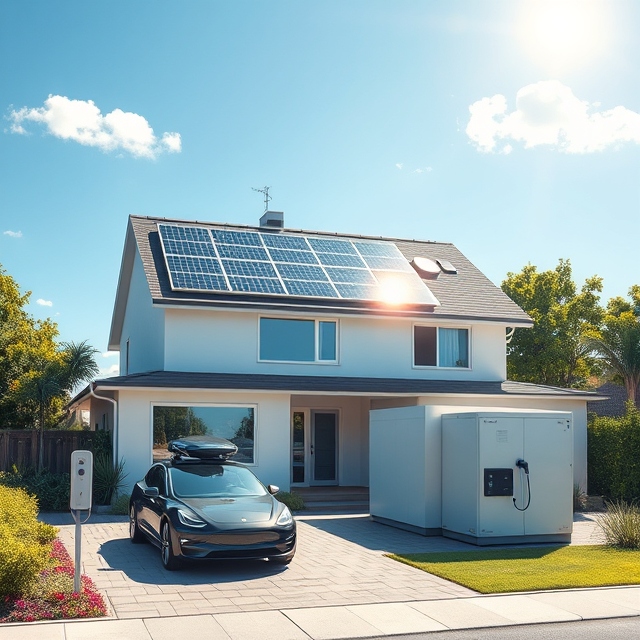
As the world moves toward sustainable energy solutions, many homeowners and businesses are considering the most efficient ways to harness renewable energy. Among the various options available, hybrid solar systems are gaining traction for their adaptability and efficiency. This article will delve into what hybrid solar systems are, how they work, their benefits, and considerations for implementation.
Understanding Hybrid Solar Systems
A hybrid solar system is a sophisticated solar energy solution that combines traditional solar panels with additional power sources—typically the electrical grid and/or batteries. Unlike conventional solar systems that may only operate through solar energy or grid power, hybrid systems leverage multiple energy sources to optimize performance and reliability.
Key Components of Hybrid Solar Systems
To better understand how hybrid solar systems function, it’s crucial to familiarize ourselves with their primary components:
- Solar Panels: Capture sunlight and convert it into electricity.
- Inverter: Converts the generated direct current (DC) electricity into alternating current (AC) electricity, which is usable by home appliances.
- Battery Storage: Stores excess energy generated during sunny periods for use during overcast days or at night.
- Grid Connection: Allows the system to draw electricity from the grid if battery storage is depleted or feed excess energy back to the grid.
- Energy Management System: Monitors and controls energy flow between the solar panels, batteries, and the grid to ensure optimal efficiency.
Diagram of a Hybrid Solar System
| Component | Function |
|---|---|
| Solar Panels | Capture sunlight and convert it into electricity |
| Inverter | Converts DC to AC electricity |
| Battery Storage | Stores excess energy generated by solar panels |
| Grid Connection | Allows for receiving or sending energy to and from the grid |
| Energy Management System | Optimizes energy flow and efficiency |
How Hybrid Solar Systems Work
A hybrid solar system operates seamlessly by integrating solar power and battery storage with the conventional power grid. Here’s a step-by-step breakdown of the process:
- Energy Generation: When sunlight hits the solar panels, they produce DC electricity.
- Conversion: The inverter converts this DC electricity into AC electricity, making it suitable for use in homes and businesses.
- Usage: This AC electricity is utilized to power appliances. Any excess energy generated may either be stored in batteries or fed into the grid.
- Storage: If the solar panels generate more energy than the home consumes, the surplus is stored in batteries for later use during nights or cloudy days.
- Grid Interaction: Whenever the energy from the solar panels and batteries is insufficient to meet the demand, the system draws power from the grid.
- Net Metering: If the system produces excess energy, some regions offer net metering, allowing homeowners to receive credits for feeding electricity back to the grid.
Benefits of Hybrid Solar Systems
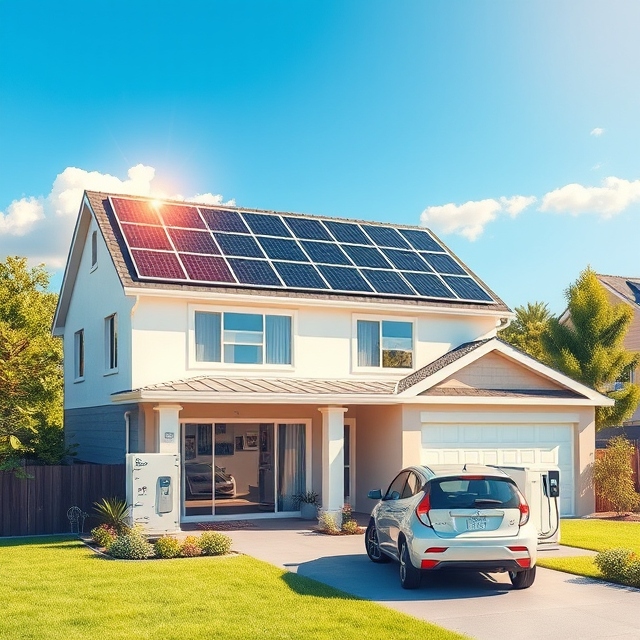
Hybrid solar systems are increasingly popular for several compelling reasons. Here are some of their primary advantages:
- Energy Independence: By combining multiple energy sources, hybrid systems reduce reliance on the grid and lower energy bills.
- Increased Reliability: If one power source fails (e.g., cloudy weather or battery depletion), the system can seamlessly switch to another source.
- Cost Savings: When paired with energy management systems, hybrid systems optimize energy consumption and reduce dependency on purchased electricity.
- Environmental Benefits: Utilizing solar energy reduces carbon emissions and promotes sustainability.
- Flexibility: These systems can be custom engineered to meet the specific energy needs of a location.
Considerations for Hybrid Solar Systems
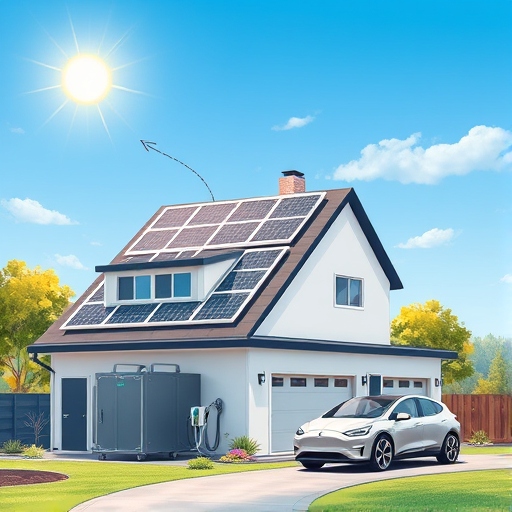
While hybrid solar systems offer numerous advantages, there are a few considerations to keep in mind:
- Cost: The initial investment can be higher than traditional solar systems, primarily due to the cost of batteries and additional equipment.
- Maintenance: Hybrid systems require regular maintenance, including battery checks, which could lead to additional expenses.
- Space: Depending on the size of the system, sufficient space may be required for installation of solar panels and battery storage.
- Regulatory Issues: Local regulations and utility policies regarding net metering and energy system installations can influence feasibility.
FAQs About Hybrid Solar Systems
1. How do hybrid solar systems differ from traditional solar systems?
Hybrid solar systems combine solar panels, batteries, and grid connectivity, allowing for energy storage and multiple energy sources. Traditional solar systems typically rely solely on solar energy and the grid.
2. Are hybrid solar systems more efficient than traditional systems?
Yes, hybrid systems can be more efficient because they can store excess energy for later use and reduce reliance on the grid, especially during peak demand times.
3. How long do the batteries in hybrid solar systems last?
Most lithium-ion batteries, commonly used in these systems, can last anywhere from 5 to 15 years, depending on usage and maintenance.
4. Can I install a hybrid solar system in areas with frequent power outages?
Yes, hybrid solar systems are particularly beneficial in areas prone to power outages, as they provide an uninterrupted power supply using stored energy.
5. What are the installation requirements for hybrid solar systems?
Installation requirements vary based on local regulations but generally include sunlight exposure, space for solar panels, electrical connections, and a suitable location for battery storage.
Conclusion
Hybrid solar systems represent the future of energy solutions, merging renewable energy with reliability and efficiency. As technology advances and the demand for sustainable energy sources grows, hybrid systems may become a staple for homeowners and businesses looking to reduce their carbon footprint while optimizing energy consumption. By understanding how these systems work and considering their benefits and challenges, you can make an informed decision about implementing a hybrid solar system to meet your energy needs.
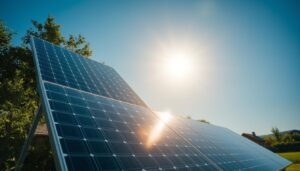
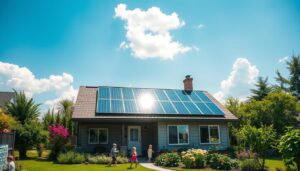
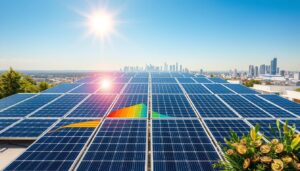


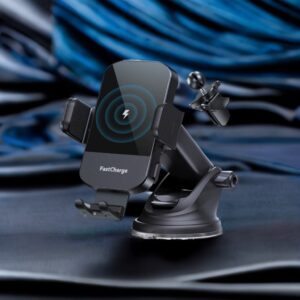
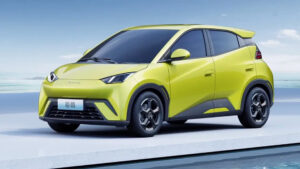
3 thoughts on “What are Hybrid Solar Systems?”
Comments are closed.